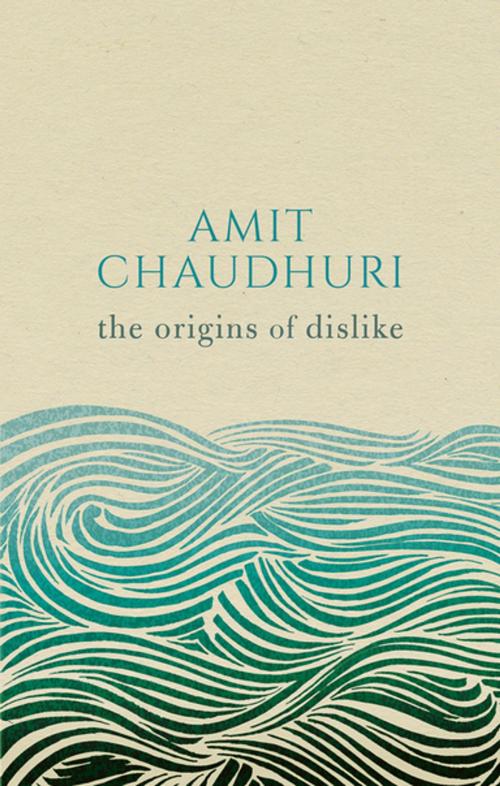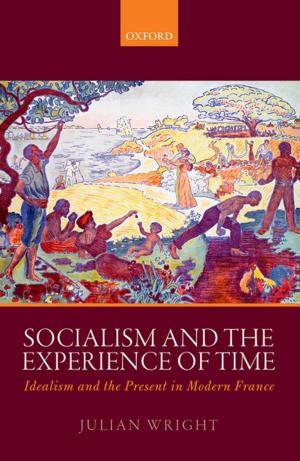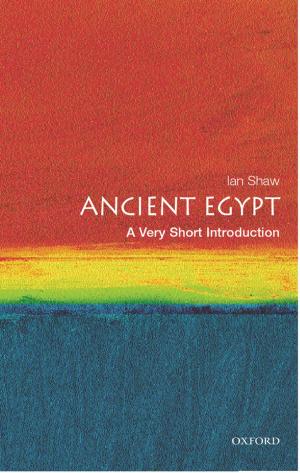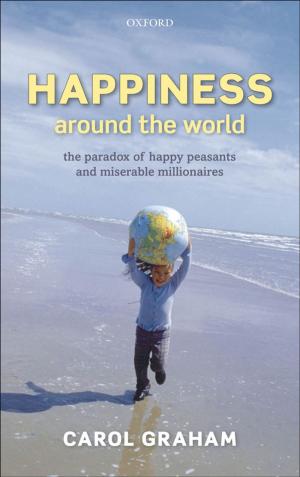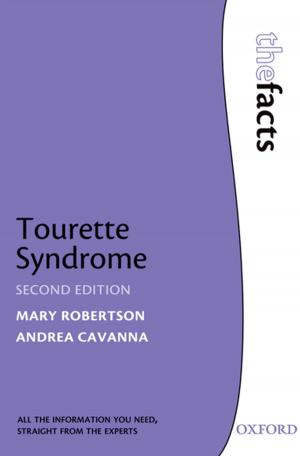The Origins of Dislike
Fiction & Literature, Poetry, Literary Theory & Criticism, Nonfiction, Social & Cultural Studies, Social Science| Author: | Amit Chaudhuri | ISBN: | 9780192512604 |
| Publisher: | OUP Oxford | Publication: | September 20, 2018 |
| Imprint: | OUP Oxford | Language: | English |
| Author: | Amit Chaudhuri |
| ISBN: | 9780192512604 |
| Publisher: | OUP Oxford |
| Publication: | September 20, 2018 |
| Imprint: | OUP Oxford |
| Language: | English |
'Strategic thinking for a writer articulates itself as dislike and as allegiance.' In this wonderfully rich and diverse collection of essays, Amit Chaudhuri explores the way in which writers understand and promote their own work in antithesis to writers and movements that have gone before. Chaudhuri's criticism disproves and questions several assumptions—that a serious and original artist cannot think critically in a way that matters; that criticism can't be imaginative, and creative work contain radical argumentation; that a writer reflecting on their own position and practice cannot be more than a testimony of their work, but open up how we think of literary history and reading. Illuminating new ways of thinking about Western and non-Western traditions, prejudices, and preconceptions, Chaudhuri shows us again that he takes nothing as a given: literary tradition, the prevalent definitions of writing and culture; and the way the market determines the way culture and language express themselves. He asks us to look again at what we mean by the modern, and how it might be possible to think of the literary today.
'Strategic thinking for a writer articulates itself as dislike and as allegiance.' In this wonderfully rich and diverse collection of essays, Amit Chaudhuri explores the way in which writers understand and promote their own work in antithesis to writers and movements that have gone before. Chaudhuri's criticism disproves and questions several assumptions—that a serious and original artist cannot think critically in a way that matters; that criticism can't be imaginative, and creative work contain radical argumentation; that a writer reflecting on their own position and practice cannot be more than a testimony of their work, but open up how we think of literary history and reading. Illuminating new ways of thinking about Western and non-Western traditions, prejudices, and preconceptions, Chaudhuri shows us again that he takes nothing as a given: literary tradition, the prevalent definitions of writing and culture; and the way the market determines the way culture and language express themselves. He asks us to look again at what we mean by the modern, and how it might be possible to think of the literary today.
